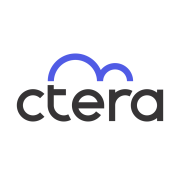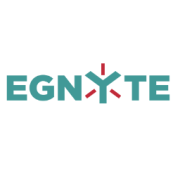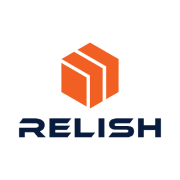Content Collaboration Platforms enable teams to work together seamlessly, sharing documents and information in real-time. These platforms are designed to improve productivity by streamlining communication and file management.
To learn more, read our
Content Collaboration Platforms Buyer's Guide (Updated: March 2025).
The top 5 Content Collaboration Platform solutions are Dropbox, Google Workspace, Microsoft OneDrive, Amazon WorkDocs and Box, as ranked by PeerSpot users in March 2025. Microsoft OneDrive received the highest rating of 10.0 among the leaders. Google Workspace is the most popular solution in terms of searches by peers, and Amazon WorkDocs holds the largest mind share of 12.8%.
Content Collaboration Platforms offer a suite of tools to facilitate the merging of content from various sources, making it easier for team members to collaborate on projects regardless of their location. Providing security features to protect sensitive information, they are essential for modern businesses.
What are the main features to look for?
- Real-Time Collaboration: Enables teams to work simultaneously on documents, reducing delays.
- File Sharing: Allows secure and easy sharing of files across the team.
- Version Control: Tracks changes and keeps a history of document versions to avoid conflicts.
- Integration: Connects with other software tools to provide a seamless workflow.
- Security: Incorporates encryption and access controls to protect sensitive data.
What benefits and ROI should users expect?
- Increased Productivity: Streamlines workflows, reducing the time spent on administrative tasks.
- Enhanced Communication: Facilitates clearer and more efficient team communication.
- Cost Savings: Reduces the need for physical meetings and travel, saving expenses.
- Improved Quality: Ensures higher quality output by enabling multiple edits and reviews.
- Data Security: Protects confidential information, ensuring compliance with regulations.
In industries such as finance, healthcare, and technology, Content Collaboration Platforms help manage and share complex data securely. For example, medical professionals can collaborate on patient files while adhering to strict privacy regulations.
Content Collaboration Platforms are essential for organizations seeking to improve workflow efficiency and team collaboration, providing the tools needed to succeed in a connected world.












































